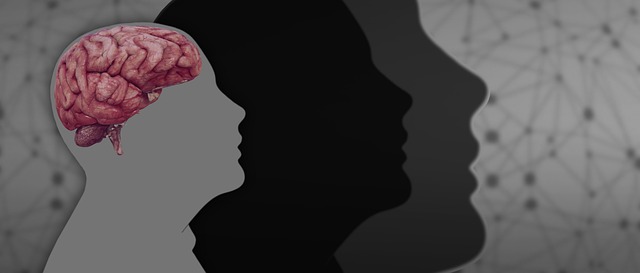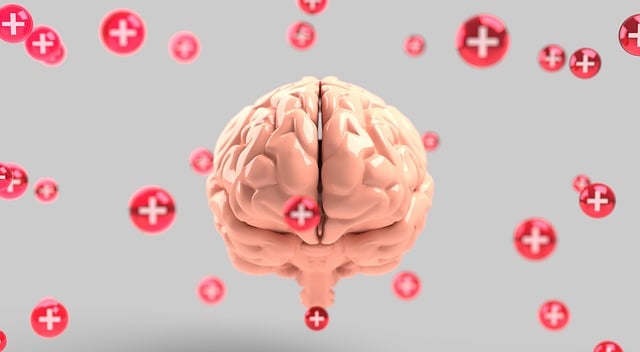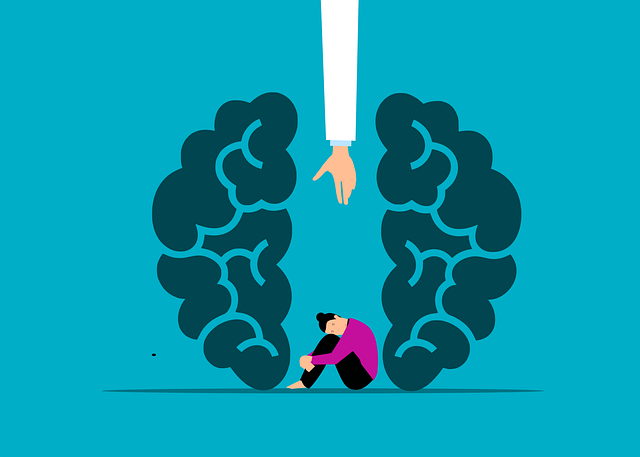Emotional intelligence (EQ) is a vital component of successful therapy, especially in Superior First Responders Therapy, enabling professionals to recognize and manage their emotions while empathizing with clients. Recognizing emotional triggers through mindfulness meditation and stress management techniques helps individuals proactively control emotions like anxiety or anger before they escalate. Enhancing EQ leads to improved mental resilience, richer relationships, and more effective coping mechanisms. Active listening, empathy, open dialogue, and therapy strategies for managing anxiety contribute to overall well-being, making individuals superior first responders in their personal lives.
Emotional intelligence (EQ) is a powerful tool that empowers individuals to navigate complex social landscapes with grace and empathy. This article explores the multifaceted aspects of building EQ, from understanding its profound impact on personal and professional success to identifying and managing emotional triggers effectively. We delve into strategies for enhancing self-awareness and improving communication, providing valuable insights for anyone aiming to become a superior first responder in therapy—and in life.
- Understanding Emotional Intelligence and its Impact
- Identifying Emotional Triggers and Managing Stress
- Enhancing Self-Awareness: Recognizing Your Emotions
- Effective Communication Strategies for Better Connections
Understanding Emotional Intelligence and its Impact

Emotional intelligence (EQ) is a powerful tool that enables individuals to understand and manage their own emotions, as well as empathize with others. It involves recognizing and responding appropriately to one’s feelings, which can significantly impact personal and professional relationships. In the context of Superior First Responders Therapy, EQ plays a crucial role in helping therapy providers effectively support their clients. By cultivating emotional intelligence, these professionals can enhance their ability to connect with individuals experiencing trauma or mental health challenges, fostering an environment of trust and understanding.
The impact of high EQ is particularly evident in the healthcare sector, where Burnout Prevention Strategies for Healthcare Providers often emphasize the importance of self-care and empathy. Anxiety Relief and Stress Management techniques are integral parts of this process, as they help professionals maintain a balanced mindset. This, in turn, enables them to offer superior care to their patients, ensuring that emotional intelligence is not just a skill but a cornerstone of modern therapy practices.
Identifying Emotional Triggers and Managing Stress

Identifying emotional triggers is a crucial step in building emotional intelligence. By understanding what sets off our feelings, we can gain valuable insights into our thought patterns and behaviors. This self-awareness enables us to become superior first responders to our emotions, diffusing them before they escalate. For instance, if certain situations or interactions consistently trigger anxiety or anger, recognizing these triggers allows for proactive management. Techniques like mindfulness meditation have proven effective in this regard, helping individuals cultivate present-moment awareness and develop healthier responses to stress.
Stress management is an integral part of emotional intelligence development. It involves learning to balance the demands of daily life while prioritizing well-being. Burnout prevention strategies, such as setting boundaries, prioritizing self-care, and engaging in regular physical activity, are essential tools for maintaining mental resilience. Additionally, anxiety relief techniques like deep breathing exercises or cognitive-behavioral therapy (CBT) can empower individuals to navigate stressful situations with greater equanimity. Ultimately, mastering these skills enables one to approach emotional challenges with clarity and composure.
Enhancing Self-Awareness: Recognizing Your Emotions

Emotional intelligence begins with recognizing and understanding your own emotions. This involves developing a keen awareness of your inner state—what makes you feel happy, sad, anxious, or angry. By paying attention to these feelings, you become a superior first responder in any situation, able to react calmly and thoughtfully rather than reacting impulsively. Therapy and mental wellness programs designed to enhance self-awareness can provide valuable tools for navigating life’s challenges with resilience and grace.
Inner strength development is directly linked to emotional intelligence. As you learn to recognize your emotions, you also gain insights into what triggers them and how they influence your thoughts and behaviors. This understanding allows for more intentional mental health education programs design that focus on building coping mechanisms and adaptive strategies. Ultimately, cultivating emotional awareness empowers individuals to lead richer, more fulfilling lives by fostering better relationships and making informed decisions grounded in genuine self-knowledge.
Effective Communication Strategies for Better Connections

Effective communication is a cornerstone of emotional intelligence and significantly enhances our connections with others. It involves active listening, where individuals focus on understanding the speaker’s perspective and emotions, fostering deeper levels of engagement. This skill encourages empathy, enabling us to recognize and validate feelings, which is crucial for building strong relationships. By practicing open and honest dialogue, people can become superior first responders, offering support and guidance during emotional moments.
Therapy plays a pivotal role in developing communication strategies, especially for managing anxiety and stress. Techniques taught in therapy sessions empower individuals to regulate their emotions effectively. Public awareness campaigns development around these topics further contributes to a more empathetic society. Ultimately, enhancing communication skills not only benefits personal relationships but also promotes better mental health and overall well-being.
Emotional intelligence (EQ) is a powerful tool for personal and professional growth, fostering healthier relationships and enhancing overall well-being. By understanding and managing our emotions, we can become better equipped to handle stress and navigate challenging situations with resilience. The strategies outlined in this article, such as identifying emotional triggers, practicing self-awareness, and adopting effective communication techniques, empower individuals to elevate their EQ. Embracing these principles can lead to more fulfilling connections, improved decision-making, and a profound impact on our daily interactions, making us superior first responders in all aspects of life.














